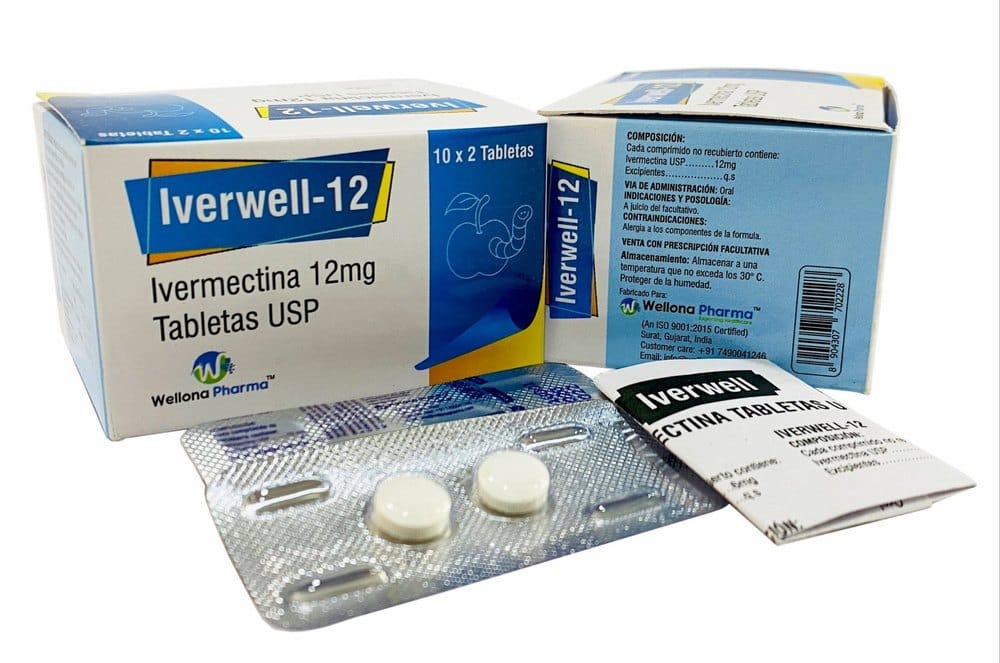FDA Concedes in Ivermectin Dispute: To Withdraw COVID-19 Related Social Media Content and Advisories
Washington, D.C., March 25, 2024 – In a landmark settlement that has rippled across the medical and legal landscapes, the U.S. Food and Drug Administration (FDA) has agreed to remove all of its social media posts and consumer advisories that had previously discouraged the use of ivermectin for treating
Washington, D.C., March 25, 2024 – In a landmark settlement that has rippled across the medical and legal landscapes, the U.S. Food and Drug Administration (FDA) has agreed to remove all of its social media posts and consumer advisories that had previously discouraged the use of ivermectin for treating or preventing COVID-19. This decision comes as a result of a lawsuit filed by a group of Texas doctors, marking a significant turn in the ongoing debate over the antiparasitic drug's role in combating the coronavirus.
The controversy surrounding ivermectin, a medication primarily used for treating parasitic infections, escalated during the pandemic, with some advocating for its use against COVID-19, despite a lack of approval from health authorities like the FDA. The agency had been adamant about the absence of sufficient evidence to support ivermectin's effectiveness against the virus, leading to a series of public statements and advisories urging the public to refrain from using the drug for such purposes.
However, the recent court settlement signifies a dramatic shift in the FDA's stance, following allegations that the agency overstepped its regulatory boundaries and infringed upon the freedom of speech. The lawsuit, spearheaded by a coalition of healthcare professionals, argued that the FDA's campaign against ivermectin usage for COVID-19 lacked a solid basis in proven scientific research and unfairly influenced medical practice and patient choices.
Sources such as Bloomberg Law (Bloomberg Law) and NTD (NTD) report that the settlement agreement obligates the FDA to retract specific content from its digital platforms, although it does not compel the agency to endorse ivermectin as a COVID-19 treatment. The FDA has yet to approve the drug for this use, maintaining that current studies have not conclusively demonstrated its efficacy against the virus.
The Associated Press (AP News) highlights that while the FDA has agreed to withdraw its disputed communications, the agency remains steadfast in its commitment to ensuring public safety based on scientific evidence. In a statement, the FDA underscored the importance of rigorous research in determining the safety and effectiveness of any medication for treating COVID-19.
This development has sparked a wide array of reactions, from vindication among those who have championed ivermectin's potential, to concern among public health experts worried about the implications for medical guidance and patient care. Critics fear that the FDA's retreat could be misinterpreted as validation of ivermectin's use against COVID-19, potentially leading to increased self-medication and diversion from proven treatments and vaccines.
The settlement also raises questions about the role of regulatory agencies in guiding public health discourse and the balance between providing recommendations and respecting alternative viewpoints in the medical community. As the dust settles on this legal battle, the healthcare field is left to navigate the complexities of treatment advocacy in the age of information—and misinformation.
As the situation continues to evolve, the broader implications of the FDA's decision for medical practice, public health policy, and the regulation of speech on health matters remain to be fully realized.




